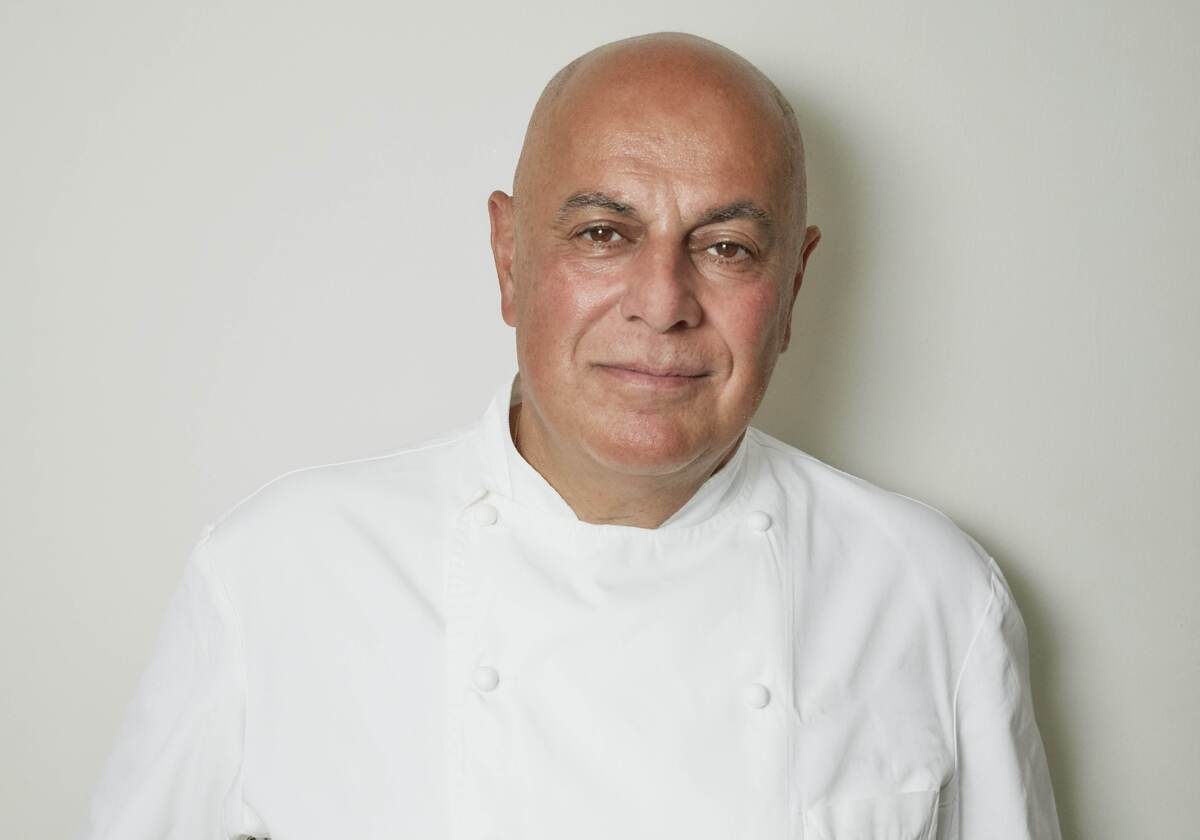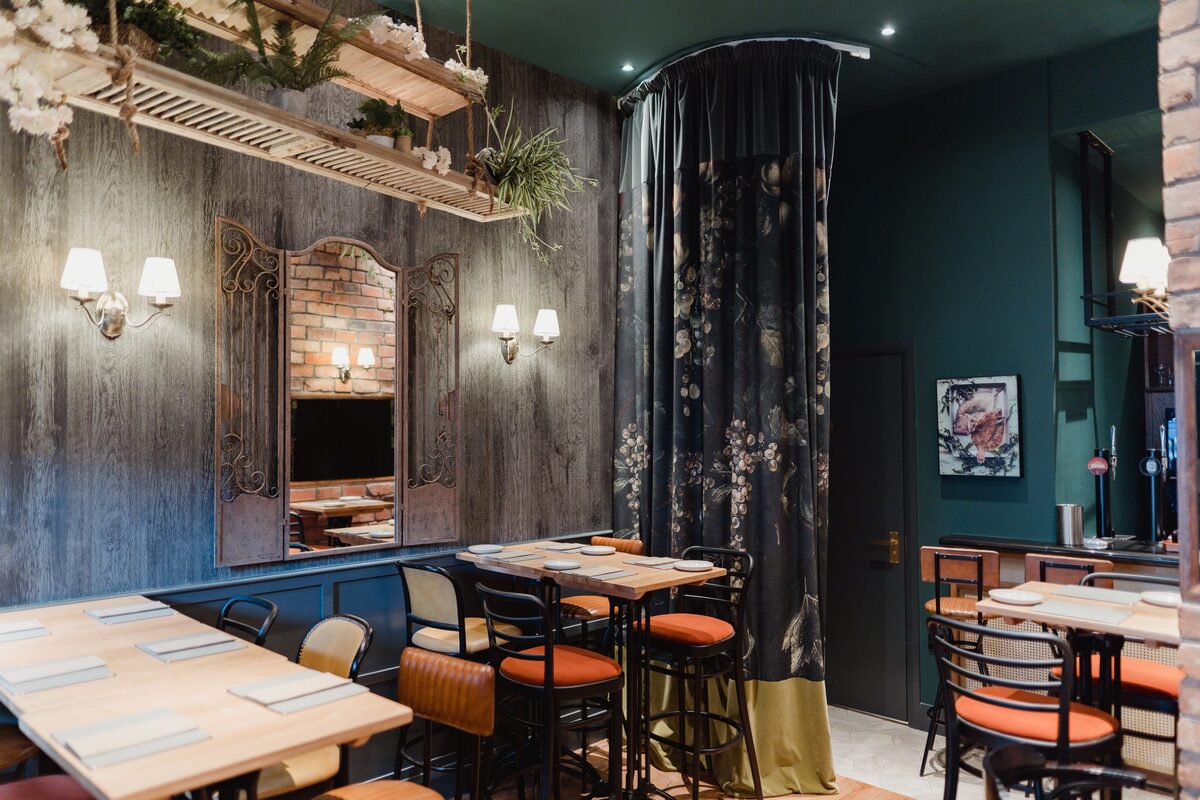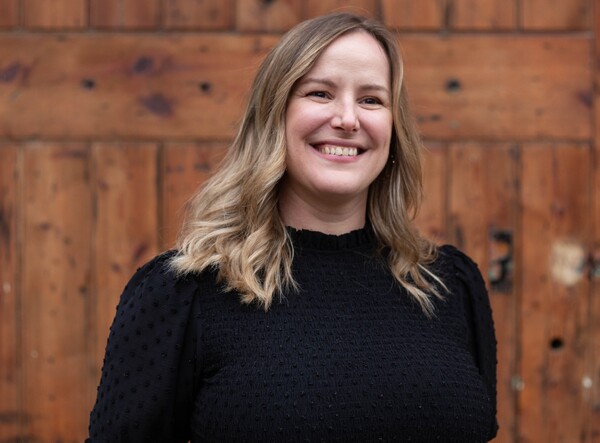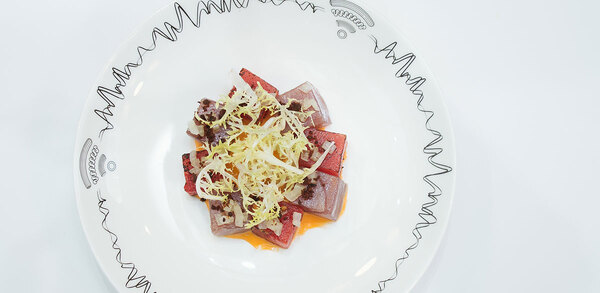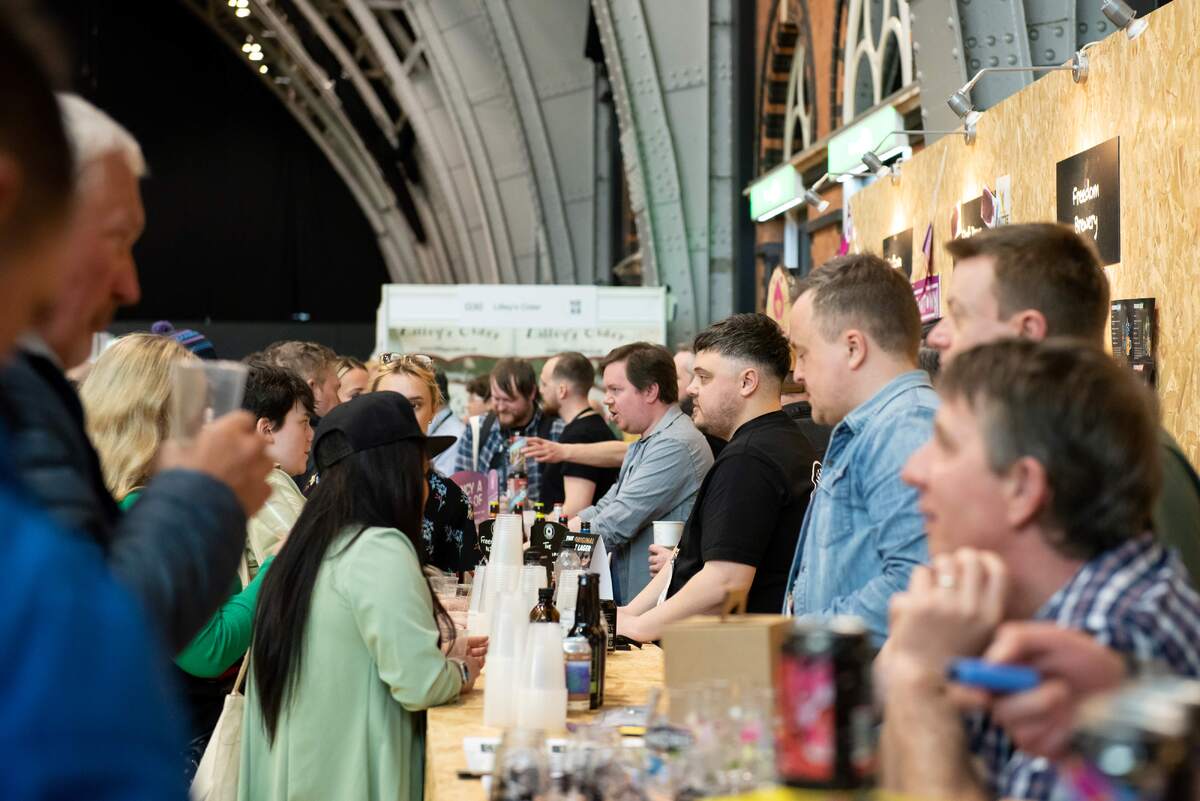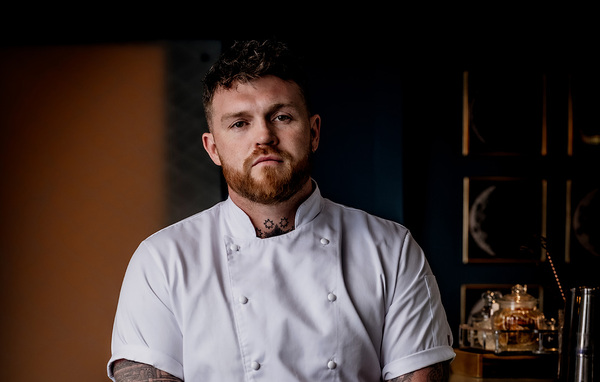How Gary Rhodes led the revival of British cuisine
The impact of Gary Rhodes on the British food scene can not be underestimated.
A passion for home-grown ingredients and indigenous dishes, combined with a boyish charm and natural talent for communication – leading to a successful television career – ensured that he was at the vanguard of the revival of the British repertoire in the late 1980s and 1990s.
Timing is everything and Rhodes’ arrival at the Castle hotel in Taunton, Somerset, was perfect. Prior to a move to the West Country, he, like many of his contemporaries, was focused upon a classic French food repertoire which stemmed from his training at Thanet Technical College and working in the kitchens of the Amsterdam Hilton hotel, then back in London at the Reform Club in Pall Mall and as sous chef at the Capital hotel in Knightsbridge under head chef Brian Turner.
Kit Chapman, the proprietor of the Castle, described the Rhodes who he interviewed in 1986 for the hotel’s head chef position role as “a nouvelle cuisine merchant”. But something between the two obviously clicked and after a four hour conversation in which it was clear that they shared a passion for good food, Rhodes was offered the job.
Initially, however, he was not convinced that the British route was the way to go. In fact, he told The Caterer in 1989 that he was “horrified” when asked about his thoughts on cooking Lancashire hotpot.
Despite the early reservations, it turned out to be an inspiring appointment and the start of what turned out to be an extraordinary partnership – Chapman as the guiding light of what he described as his “English project” and Rhodes as the enthusiastic creator of a menu featuring dishes that celebrated the provenance of local ingredients.
At the same time, back in London, the renowned Brit pack of Alastair Little, Simon Hopkinson, and Rowley Leigh, were coming to the fore with their British focused cooking gaining widespread recognition, alongside an eclectic take on classic French and Italian cooking. It was also the time that Marco Pierre White opened his first restaurant, Harvey’s in Wandsworth.
Where European chefs such as Anton Mosimann, Raymond Blanc and the Roux brothers had previously dominated the food scene, “home-grown” chefs were now beginning to take over. As a direct reaction to the "pictures on a plate" era which had emerged in the early 1980s, the decade that followed saw a return to a more robust, honest approach to cooking, with the adoption of slow-cooking methods and a more widespread use of cheaper cuts of meat and offal.
Taste once again became paramount and Rhodes was an exemplar of the movement, reviving a style of cooking that had fallen out of fashion in the leading restaurants of the time. “Many British chefs have no idea how to cook a classic national dish – they have forgotten how to use the traditional methods of braising and stewing,” he said at the time.
Rhodes took dishes that were previously deemed to be unsexy, refined them and created new classics. He was inspired by traditional favourites from his college days and interpreted them in a different way: all stocks and sauces were reduced, rather than thickened with flour.
The guides were impressed – he retained a Michelin star at the Castle, before going on to win the coveted accolade in four subsequent restaurants. Chapman particularly remembers his oxtail which he describes as “outstanding”, while he says his bread and butter pudding was “the best there has ever been”.
Other standout dishes include what had previously been gloriously unfashionable faggots, boiled leg of mutton with caper sauce, beef stew with carrots and dumplings, salmon fish cakes with lemon butter sauce, and Welsh rarebit with smoked haddock. He took vegetables, deemed to be unfashionable at the time and reworked them, such as cabbage, which he cooked in a little butter with onion and bacon.
Meanwhile, a raft of puddings, including steamed orange pudding with orange sauce, queen of puddings and lemon meringue pie, won a legion of fans.
Dishes were given a new twist, lightness of touch and intensity of flavour. His renowned oxtail dish, for instance, used 20lbs oxtails to make a rich stock, which then formed the basis of a liquor for a further 20lb of oxtails, which were gently braised with a mirepoix of vegetables for two hours.
Chefs who worked with Rhodes over the years talk about his ability to take simple ingredients and turn them into something world class, while many continue to cook the dishes he introduced them to. Tom Kerridge, who worked at Rhodes on the Square in 1999, says: “He taught me that simplicity is key, removing things from plates rather than adding, and celebrating everything that is great about Great Britain.” Meanwhile, Anthony Demetre, one of Rhodes’ chefs at the Castle and the Greenhouse in London, adds: “Gary was the one who resurrected British food, with oxtails, faggots and Eccles cakes. This is stuff I do today, I have Welsh rarebit on the menu and it’s his recipe.”
Critics and customers alike loved his cooking. Jonathan Meades, former restaurant critic at The Times described Rhodes as one of the only cooks “capable of raising English cooking above the level of a worthy also-ran.”
Moving on from the Castle, Rhodes returned to London in 1990 as head chef of the Greenhouse restaurant in Mayfair, where he continued to bang the drum of British cuisine. Inevitably a book deal was secured and his first television programme – Rhodes Around Britain - with the BBC was broadcast.
Rhodes turned out to be a natural performer, something which carried him through a dazzling television career with the likes of MasterChef, MasterChef USA, Hell’s Kitchen, Rhodes Across India, Rhodes Across China, Rhodes Across the Caribbean, Rhodes Across Italy and The Great British Food Revival. He also wrote more than 20 cookery books, including New British Classics, today regarded as a seminal account of modern British cookery.
Borra Garson was the agent who helped launch his TV career, playing a key role in moving Rhodes’ programmes from the BBC education department to the entertainment division. “The result was the loosening up of the whole format of cookery on the TV. Food became entertainment and it was something that Gary was brilliant at.”
Garson says that Rhodes’ television success was down to his ability to be “an engaging teacher, providing very clear, succinct instructions about what could be complicated subjects. He was also naturally very funny and brought a lot of humour to his programmes. Gary started a new trend and paved the way for the likes of Jamie Oliver.”
Above all, Rhodes was an exceptionally talented chef. Writing in his book Great British Chefs in 1989, Kit Chapman says: “From the start, it became apparent that he was blessed with a remarkable natural gift matched by a single-minded determination to make the top. Certainly, he shows that independence of spirit which is the hallmark of modern chefs, who are no longer constrained by the strict disciplines of Escoffier and the classical repertoire. But these characteristics of freedom and independence are valueless unless they can be harnessed to a sound understanding of the basic principles of good cooking and, of course, real talent – all qualities which Rhodes has in abundance.”
While Rhodes may not have been in the public eye in the UK in recent years – he moved to live and work in Dubai with his wife Jennie – his impact on the British culinary scene is secure. A legion of protégés now working throughout the global hospitality industry and a prolific selection of books gracing kitchens up and down the land will ensure that his immense legacy will remain firmly intact for a very long time to come.



